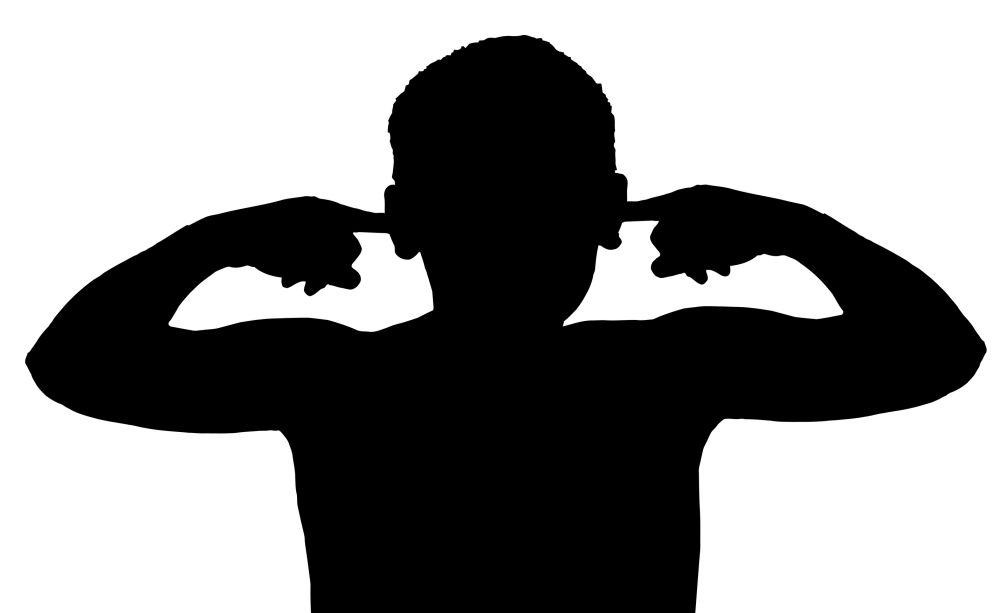Although I have seen a recent uptick in people wearing masks in stores, the sad fact is that the majority shun such practices, despite the fact that masking is one of the layers of protection we have to help shield both ourselves and others from illness. Another fact is that 2022 saw the most deaths from Covid-19, both in Ontario and across the country.
Nationwide, 19,035 people died of the disease in 2022 — up from 14,606 deaths in 2021 and 15,307 in 2020.
How can this be, given the great strides made in combatting the disease through vaccinations, treatments and prevention methods? In addition to the spread of Omicron, there are other reasons for this year's lethality.
Ethicists and medical professionals point out that, as 2022 wore on, COVID seemed to join a long list of illnesses, such as influenza, respiratory syncytial virus (RSV) and rhinovirus, that society has learned to live with as long as the worst effects are confined to specific populations.
In COVID’s case, that’s the medically frail and the elderly.
“I think unless it’s in your house or your social circle, you kind of forget that these people need — deserve — our attention and care,” said Dr. Miriam Mottiar, an Ottawa anesthesiologist and palliative care physician, noting that in her practice she still takes care of people who are dying of COVID.
“It’s very sad for me and my colleagues, but it’s doubly sad, because it feels like if our society managed to mask, a lot of these deaths would be preventable, because we would have lower levels of COVID in the community. So I think there’s sadness, but there’s regret as well.”
The elderly and the frail are two groups we seem as a society willing to sacrifice.
It’s not often we see a lot of medically frail, elderly people standing in line at our local hardware store or grocer. So perhaps it’s understandable why, no matter where you go these days, masking seems to be a rare thing, as does social distancing.
Maxwell Smith, a bioethicist and assistant professor at Western University, says part of society’s increasingly tepid response to COVID comes down to the adage: what is out of sight is out of mind.
Because we apparently exist to serve the economy, governments now issue only weekly updates of hospitalizations and deaths, meaning that Covid is now in the background, joining the other viruses we have learned to live with. And because it is less likely to now victimize the privileged, its threat-level has been downgraded.
[Maxwell says] that a common pattern in the history of infectious disease is for severe outcomes to shift to marginalized or disadvantaged sectors of society, while those privileged enough to not experience the worst outcomes move on.
“Now that (COVID) is sitting in those populations and the most privileged among us don’t feel threatened anymore, there’s very little tolerance to have collective measures put in place,” Smith noted. “We sort of just say, ‘Well if those people are vulnerable, let them take care of themselves,’ knowing full well that this will continue to disadvantage those groups. I think that is at play here.”
No one enjoys wearing a mask. Indeed, as one who has a beard, I find a certain itchiness creeps in after wearing one for long durations. That, however, is of minor consequence when one considers the protective effects both for the wearer and the general public. And I claim no special virtue here, given that I am largely, but not totally, motivated by an instinct for self-protection.
Sadly, however, in the name of freedom, far too many are willing to risk their health and that of others. This, clearly, is not a good way to conduct our lives. It can only be seen for what it is: a moral failing.
